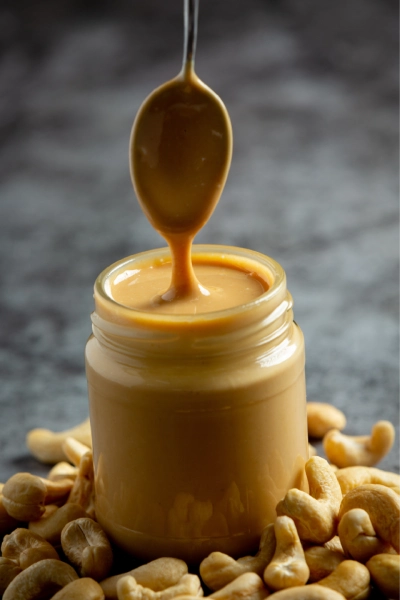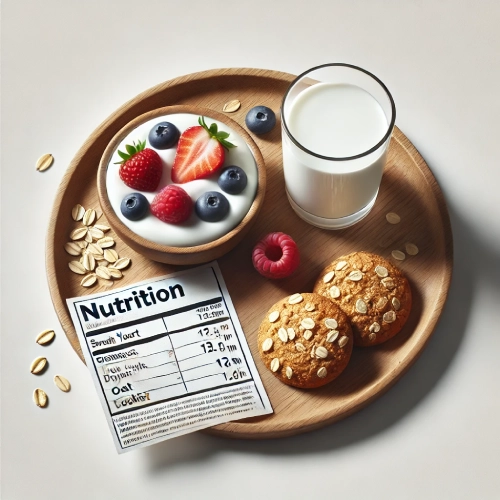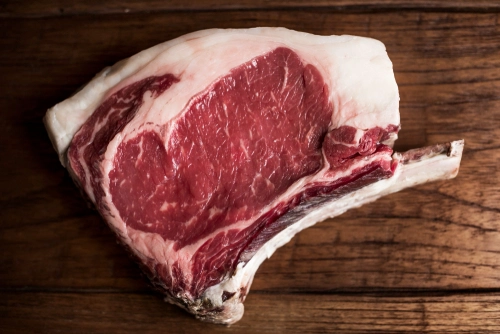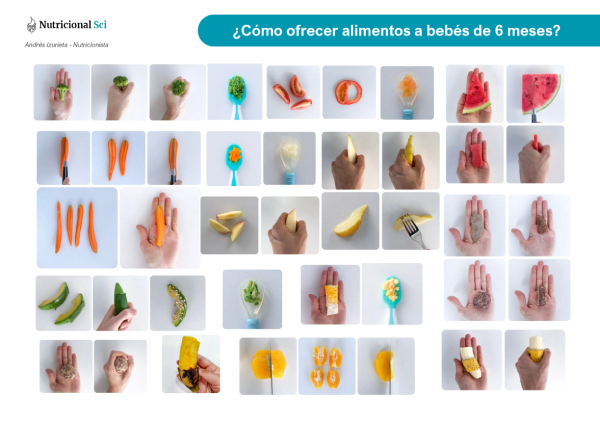Preventing Food Allergies: How to Introduce Peanuts Safely
Preventing food allergies is critical for infants starting complementary feeding. Peanut allergy is one of the most common and severe.
In this publication you will learn how to introduce allergenic foods safely, based on current recommendations and my practical experience as a nutritionist.
When to introduce peanuts and other allergenic foods
Current evidence indicates that early introduction of potentially allergenic foods, such as peanuts, eggs, tree nuts and fish, between 6 and 11 months of age may reduce the risk of developing allergies to them.
How to introduce peanuts safely
Peanuts should never be given whole or in pieces to infants because of the risk of choking.
The safest ways to introduce it include using peanut powder, which can be mixed with breast milk, formula or warm water, or smooth peanut butter, diluted with warm water or added to foods such as mashed banana or yogurt.
Another option is to use peanut-flavored snacks designed especially for infants, making sure they contain no added sugars or salt.
Start with a small amount, such as 1/4 teaspoon, and observe the infant for at least two hours for any reactions, such as rash, vomiting or difficulty breathing.
Preventing Food Allergies: Common Concerns and Misconceptions
In my experience as a nutritionist, I support the early introduction of allergenic foods. Which is why I often see many parents become alarmed if the baby experiences mild digestive problems after eating a new food.
Which is why it is important to clarify that not every reaction means a food allergy or intolerance. Some discomfort such as bloating, gas or loose stools may be due to other factors, such as contamination of the food, inadequate hygiene or an immature digestive system that is still adapting to solid foods.
If symptoms are mild, I recommend trying other cooking methods or textures before considering a food allergy or intolerance.
Preventing Food Allergies: Conclusion
The key to preventing food allergies is the early introduction of allergenic foods (6-11 months of age). In addition, proper timing, safe preparation and appropriate follow-up should be considered.

Written by: Nutritionist Andrés Izurieta
Bibliographic citations:
Manual de Nutrición | Asociación Española de Pediatría. 2021.
Soriano VX, Ciciulla D, Gell G, Wang Y, Peters RL, McWilliam V, et al. Complementary and Allergenic Food Introduction in Infants: An Umbrella Review. Pediatrics. 2023.
Trogen B, Jacobs S, Nowak-Wegrzyn A. Early Introduction of Allergenic Foods and the Prevention of Food Allergy. Nutrients. 2022.





